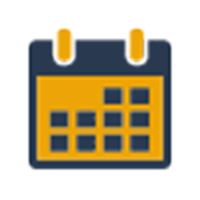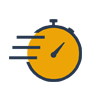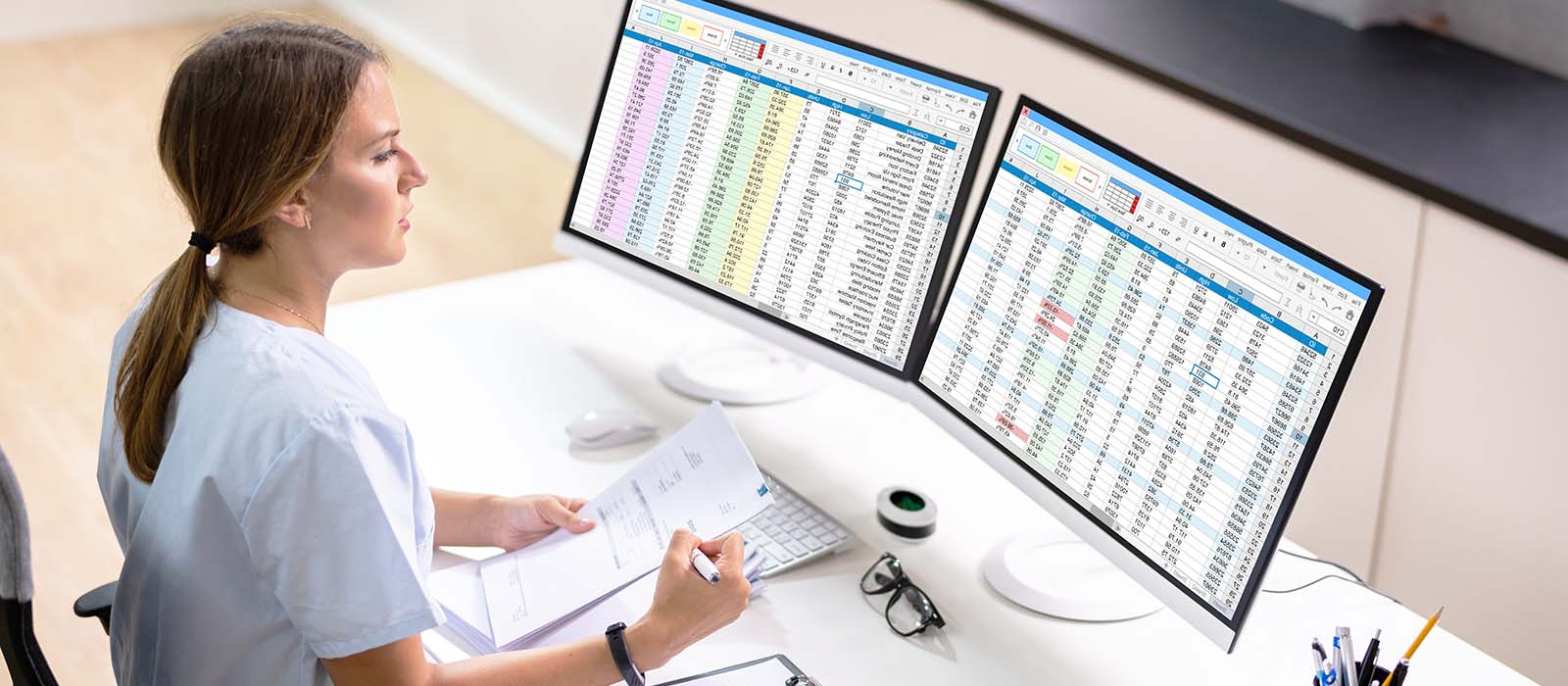Program Overview

Graduate in as few as 10 Months

Online and
In-class Learning

Financial Aid is available for those who qualify

Classes StartingApril 29th, 2024¶
- Provides students with a foundation in medical billing and coding
- Teaches students how to code services, procedures, treatments, and diagnoses, ensuring that healthcare providers are reimbursed for services rendered
- The Hybrid Medical Billing and Coding Program is flexible and offers hands-on training, live instruction, and an externship
REQUEST MORE INFORMATION
Ready to Make a Change? Get Started Today! Book a Campus Tour >
Program Overview

Graduate in as few as 10 Months

Online and
In-class Learning

Financial Aid is available for those who qualify

Classes StartingApril 29th, 2024¶
- Provides students with a foundation in medical billing and coding
- Teaches students how to code services, procedures, treatments, and diagnoses, ensuring that healthcare providers are reimbursed for services rendered
- The Hybrid Medical Billing and Coding Program is flexible and offers hands-on training, live instruction, and an externship
Medical Billing and Coding Training Program
UEI's Medical Billing and Insurance Coding Training Programs provide students with the knowledge, skills, and training they need to begin a new entry-level career in the medical billing and coding field. Medical billers and insurance coders are responsible for helping healthcare providers manage insurance claims, payments, and invoices by properly coding services, procedures, treatments, and diagnoses, ensuring that healthcare providers are quickly and accurately reimbursed for the services provided to patients.
Our Medical Billing and Coding Course will teach you how to take a healthcare provider's diagnosis and notes and convert them into industry-recognized codes. Once the codes are generated, invoices are sent to a patient's insurance provider or party responsible for payment.
If you're interested in a medical billing and insurance coding career, consider enrolling in UEI's Medical Billing and Coding Program. You can earn your Medical Billing and Insurance Coding Diploma in as little as 10 months, placing you on the fast track to beginning a new career as a medical biller and insurance coder.
Available at The Following Campuses
Skills You Will Learn
UEI’s Medical Billing and Coding Training Program equips graduates with the knowledge, skills, and training they need to begin a career in an entry-level medical billing and insurance coding position. Some of the skills and training our program provides includes the following:
- Medical law and ethics
- Insurance practices
- Insurance billing
- Medical office procedures
Medical Billing and Insurance Coding Career Outcomes
Graduates of the Medical Billing and Coding Program will enter their local job markets equipped with the knowledge, skills, and hands-on training employers seek when hiring for entry-level medical billing and insurance coding positions. Furthermore, students enrolled in the Medical Billing and Insurance Coding Program will be able to practice the knowledge and skills they've learned in hands-on labs, allowing them to become valuable members of a healthcare facility on day one.
As a graduate of the program, you may qualify for the following positions:
- Health Information Clerk
- Medical Records Clerk
- Medical Records Technician
- Medical Records Technician
- Health Information Specialist
About The Medical Billing and Coding Program
The Medical Billing and Coding Classes offered by UEI College as part of the MBIC Training Program provide students with a foundation for beginning a career in the medical billing and insurance coding field. The program does so by providing students with a basic understanding of medical terminology, enabling them to assign the codes corresponding to the treatment and/or procedures the facility offers to the patient. Assigning the proper codes to treatments and diagnoses is essential to ensure that healthcare providers are reimbursed for the services rendered to patients.
Additionally, students are familiarized with insurance claim forms for a variety of health insurance providers, enabling them to submit claims to health insurance providers for reimbursement.
Furthermore, students are taught how to verify insurance information and perform pre-admission authorizations, billing follow-ups, and collections. Students are also taught how to use one of the most popular billing software programs.
If you're interested in pursuing a career in the Medical Billing and Insurance Coding Field, consider enrolling in UEI's Medical Billing and Insurance Coding Program. The great thing about the program is that students can complete it and earn their diploma in as few as 10 months, placing them on the fast track for a medical billing and insurance coding position.
Course List
Course
Course Title
MB 110
Insurance Billing
MB 120
Insurance Coding Principles
MB 130
Medical Law and Ethics
MB 140
Documentation and Records
MB 150
Medical Billing & Collections
MB 160
Insurance Practices
MB 170
Medical Office Procedures
MB 190
Externship
Medical Billing and Coding FAQs
Medical Billing and Insurance Coding professionals review medical records and translate medical procedures and diagnoses into codes to ensure that medical professionals are getting paid for their services and that patients and insurance companies are paying their correct share of the cost.
Resources
Starting a Career in Medical Billing & Coding
Dive into our comprehensive guide on launching a successful career in Medical Billing & Coding. From understanding the foundational knowledge to practical steps and insights, we provide the tools to set you on a rewarding path in this vital healthcare sector.
What is Medical Billing & Coding?
Discover the essentials of Medical Billing & Coding in our guide. Learn how these vital processes support patient care and play a key role in the healthcare world.
How Long is Medical Billing & Coding School?
Curious about the duration of Medical Billing & Coding School? Dive into our post to get a clear understanding of the time commitment, course structure, and factors that might influence the length of your educational journey in this field.
What Are the Requirements to Enroll in the Medical Billing and Coding Program?
UEI College's Medical Billing & Coding Program offers in-depth training in anatomy, coding systems, billing procedures, and healthcare regulations. In just 10 months, students can earn a diploma, paving the way for a rewarding career in healthcare administration.
Do You Need a Degree to Start a Career in the Medical Billing and Coding Field?
Is a degree essential for a career in Medical Billing & Coding? Dive into our post to understand the educational requirements and what employers typically seek when hiring in this crucial healthcare sector.
Is Medical Billing & Coding a Good Career?
Considering a career in Medical Billing & Coding? Explore our post to weigh the pros and cons, understand the growth prospects, and determine if this healthcare niche aligns with your professional aspirations.
What Careers Does the Medical Billing and Coding Program Prepare You For?
Graduating from UEI College's Medical Billing & Coding Program opens doors to diverse healthcare roles. Discover careers like Health Information Clerk, Medical Records Technician, and Billing Specialist, and understand the pivotal roles they play in the healthcare ecosystem.
Do You Need a License to Work in the Medical Billing and Insurance Coding Field?
Considering a career in Medical Billing and Insurance Coding? Our post clarifies whether a license is required, the certifications available, and essential insights to guide your entry into this healthcare specialty.
What Will You Learn From the Medical Billing and Coding Program?
UEI College's Medical Billing & Coding Program offers in-depth training in anatomy, coding systems, billing procedures, and healthcare regulations. In just 10 months, students can earn a diploma, paving the way for a rewarding career in healthcare administration.














